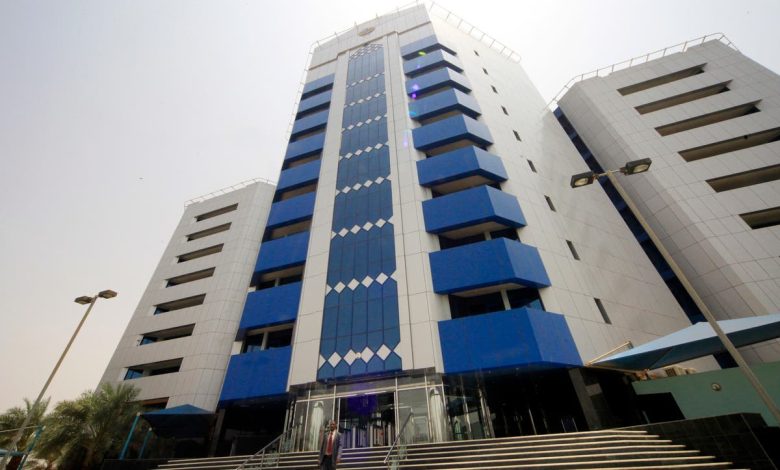2024 Monetary Policy Absorbs Chock

Sudan Events – Rehab Abdullah
The Central Bank of Sudan has announced its new monetary policy for the fiscal 2024, as signed by the Governor of the Central Bank, Bora’i Siddiq Ali, and revealed deliberate looting and sabotage that befell the bank, some of its branches, and bank headquarters and branches in Khartoum and some states, due to the war.
An informed source at the Central Bank of Sudan revealed in a statement to Sudan Events that the Central Bank was expecting a currency crisis, but it was able, with the wisdom of the leadership and staff, to manage the cash available in the safe branches of the Bank of Sudan that were not affected by the war and to meet all its obligations.
Exceptional policy
The Central Bank said that the monetary policy has been prepared in a way that it would be more flexible and unique in order to keep pace, adapt and work to achieving price stability, ensuring the continuity of the banking system in providing banking services, in addition to enhancing the use of banking technology, expanding microfinance, and encouraging sustainable green financing.
Policy objectives
The new monetary policy aims to contain and reduce inflation rates to an average of 155%, bring in financial stability, flexibility, stability of the local currency exchange rate against foreign currencies, and monetary stability by creating relative stability in the general level of prices, growth in the money supply by 46.9%, and growth in the monetary base by 48.8% by the end of the year 2024, in addition to flexibility and stability of the exchange rate, continuing to liberalize the foreign exchange market, enhancing and recovering export earnings, maximizing expatriate remittances, strengthening the Central Bank’s guardianship over foreign exchange, building reserves, reducing demand for foreign exchange and rationalizing its use.
Monetary policy implementation mechanisms are aimed at determining the cash reserve at 15% of the total deposits subject to the authorized reserve of local and foreign currency.
Absorbing the shock of war
The policy aims to enhance the banking system’s ability to absorb the shock of war and ensure its continuity by strengthening financial and banking institutions through adherence to the minimum capital adequacy ratio specified by the Bank of Sudan at any time, strengthening the financial positions of banks, encouraging foreign contributions to banks’ capital, and amending controls as well as managing liquidity and raising its efficiency to meet banks’ needs for liquidity, activating the Bank Deposit Guarantee Fund, strengthening the combat against money laundering and terrorism and the spread of weapons while developing control systems and contributing to the recovery of looted funds, expanding small scale finance and microfinance by employing a percentage of not less than 12% and reviewing financing ceilings, in addition to increasing the effectiveness and accelerating the resolution of disputes between financial and banking institutions.
Requirements for granting financing
The Central Bank of Sudan has however prohibited banks from granting financing through the formula of absolute Mudaraba (speculation) and Musharaka (Partnership) to banks members of boards of directors, for the purpose of trading in foreign currencies, purchasing stocks and securities, repaying existing or faltering financing operations, or purchasing gold and its residues, in addition to prohibiting financing against any government mortgages as well as prohibiting trading in telecommunications balance. According to the Central Bank’s monetary policy for the year 2024, it prohibits financing for the purchase of land, real estate, and cars other than what is permitted, in addition to prohibiting financing local trade other than production inputs, and prohibits import financing other than agricultural production inputs.
The Central Bank further obligated the commercial banks to activate the interbank market, fulfill the Central Bank of Sudan’s controls regarding clean currency, combat counterfeiting, and fulfill the minimum level of banking information security in coordination with the relevant authorities, while adhering to international standards of integrity, transparency, and combating corruption.



